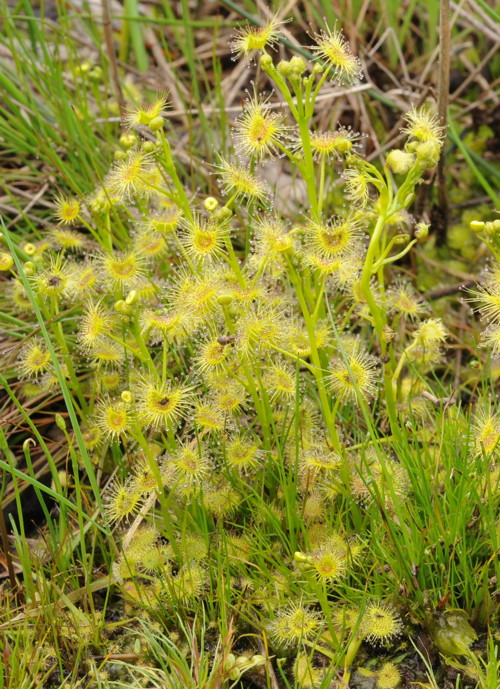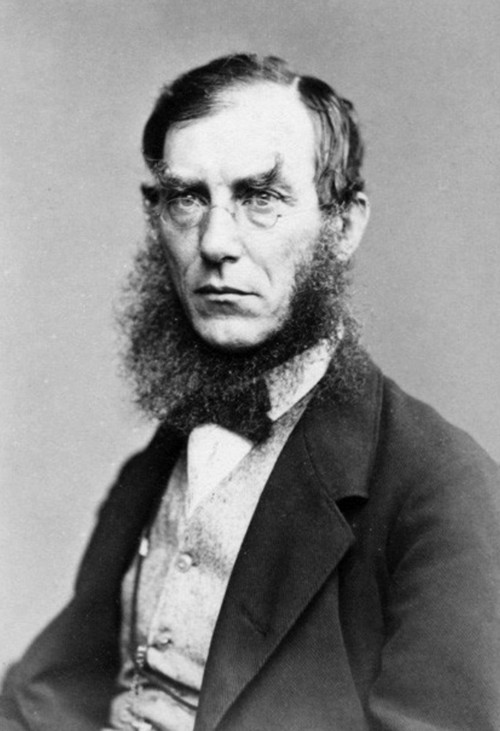Joseph Dalton Hooker (1817–1911)
Joseph Dalton Hooker was one England’s greatest botanists and explorers of the 19th century and was awarded the highest honours of British science. He was a founder of geographical botany, and was Charles Darwin’s closest friend. In 1855 he was appointed Assistant-Director of The Royal Botanic Gardens Kew, and in 1865 he succeeded his father as full Director, holding the post for twenty years. Under the directorship of father and son, the Royal Botanical gardens of Kew rose to become perhaps the foremost botanical gardens in the world.
At the age of thirty, Hooker was elected a fellow of the Royal Society, and in 1873 he was chosen as its president for a term that lasted until 1877. He received three of its medals, the Royal Medal (1854), the Copley (1887), and the Darwin Medal (1892). He was the author of numerous scientific papers and monographs. Hooker undertook many voyages of discovery including, Antartica, Great Britain, India and the Himalayas, Palestine, Morocco, and the Western United States.
Hooker’s contribution to Carnivorous Plants was significant, describing species in the genera Drosera, Utricularia and Nepenthes. He described many of the most spectacular of all the Nepenthes including N. rajah, N. northiana, N. lowii and N. villosa.
Drosera hookeri is named in his honour.
For more information on the life of Joseph Dalton Hooker please see Wikipedia.
The ICPS claims no copyright on the content of this page. Please see the list of sources used for the pages on key historical figures in the study of carnivorous plants.

Drosera hookeri. Photo © Richard Nunn.

Joseph Dalton Hooker. Photo by Henry Joseph Whitlock, albumen carte-de-visite, 1860s. NPG Ax18346
Image modified from image © National Portrait Gallery, London. Used under a CC BY 3.0 Deed license.
